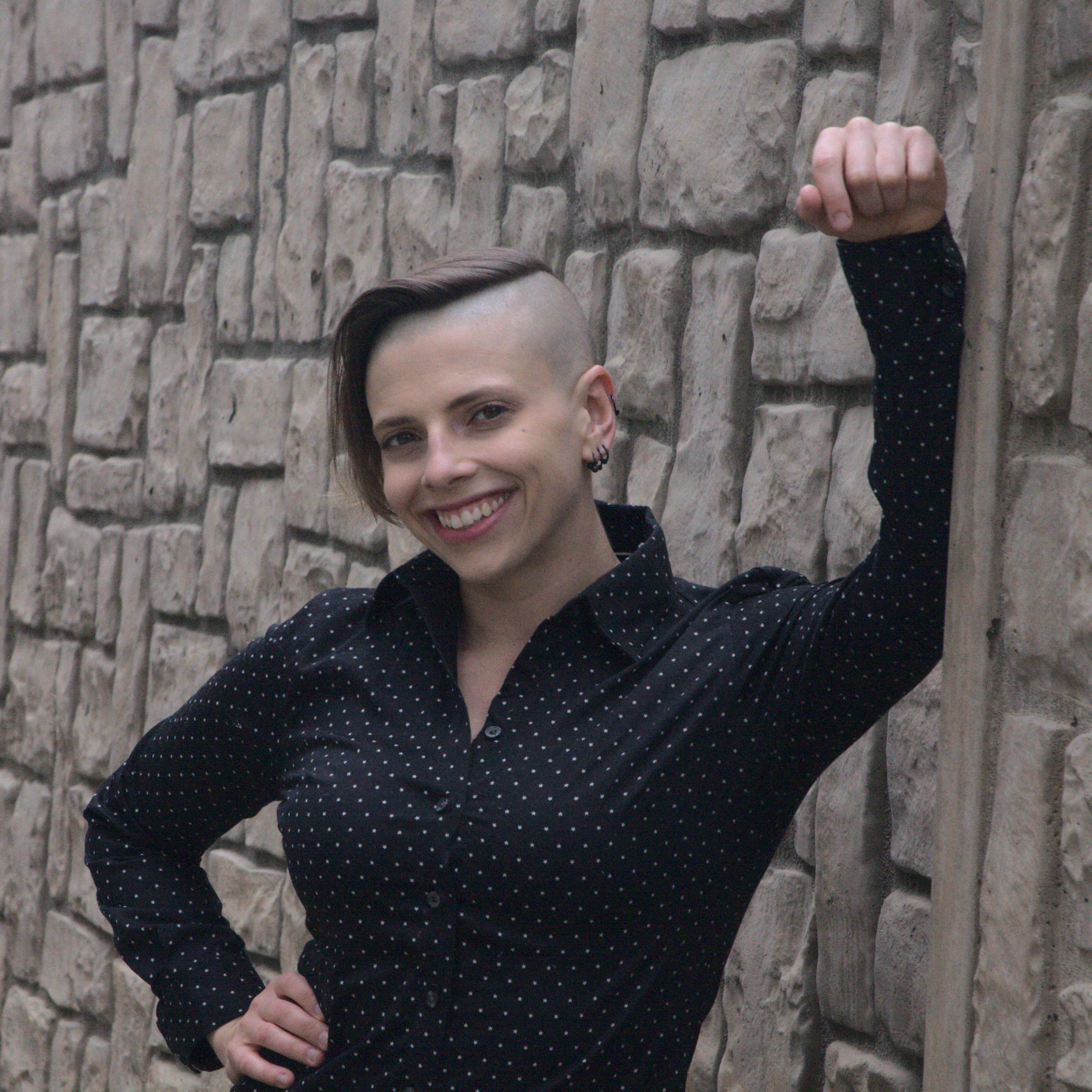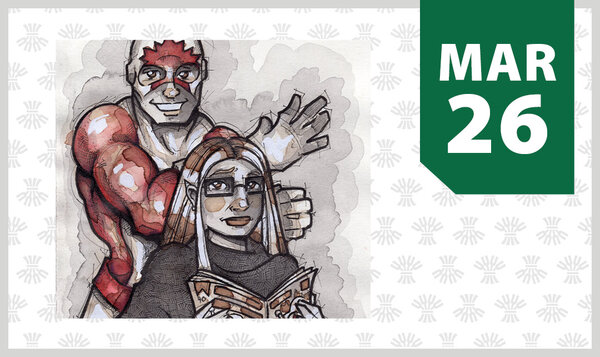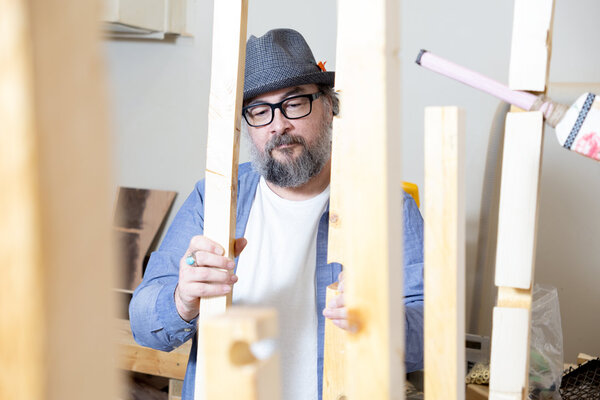
Anthropology student explores women’s reproductive decision-making processes
Jessica Jack, who will graduate with a four-year Bachelor of Arts (honours) degree this spring, will be honoured with the award for Most Outstanding Graduate in Anthropology
By Shannon Boklaschuk
University of Saskatchewan (USask) student Jessica Jack is interested in understanding the decision-making processes related to women’s reproductive choices.
It’s a topic she explored during her undergraduate studies in USask’s College of Arts and Science, and it’s one she will continue to examine when she begins her master’s degree in the Department of Archaeology and Anthropology this fall under the supervision of Dr. Pamela Downe (PhD).
Downe, a medical anthropologist, is part of USask’s Reproductive Psychology Research Team (RPRT), an interdisciplinary group of researchers focusing on the psychological, behavioural, socio-cultural and political dimensions of reproduction. The team’s research interests have expanded to also include a wide array of topics related to human sexuality.
Jack—who received a University of Saskatchewan Graduate Scholarship for her master’s degree—said she wanted to focus on reproductive decision-making during her undergraduate studies for two main reasons.
“Declining reproduction rates can have complex consequences and ought to be understood proactively. Research like mine can inform policy and (educate) decision-makers and may help to address issues before they form,” she said. “I was also interested on a personal level. As a woman who wants to have a career in research, I find myself in that same reproductive decision-making process.”
This spring, Jack will graduate with a four-year Bachelor of Arts (honours) degree in anthropology. She will also be honoured with the Most Outstanding Graduate in Anthropology award.
Jack has been lauded by professors in the Department of Archaeology and Anthropology for her impressive honours thesis focusing on the anthropology of reproduction. For this work, Jack used data from a Social Sciences and Humanities Research Council (SSHRC)-funded research project being undertaken by Downe and Dr. Karen Lawson from the Department of Psychology.
“My honours thesis looks at cultural and psychological decision-making processes in reproduction—more specifically, the roles of responsibility, community support and context in Canadian women’s reproductive decision-making,” said Jack.
“The weight of daily responsibilities can present barriers to women wanting children, and that weight can be balanced by support from her community. Women’s views on both concepts were informed by her individual context, like her family experiences growing up or the influence of her peer group. These three factors intertwine to influence Canadian women’s reproductive decisions and contribute to an increase in maternal age and a decrease in number of children per family.”
As for other academic accomplishments, Jack said she is “very excited” to have an article published in the University of Saskatchewan Undergraduate Research Journal. It is titled “Stumbling, Not Falling: Reviewing Cultural Competency in Fall Prevention Among Older Indigenous People.” Jack said she is now in the publishing process with a few other journals.
This summer, Jack will work as a research assistant on a project focused on pain management. Dr. Susan Tupper (PhD) is the principal investigator for the project, which is funded by a Sprout Grant.
Working on research projects is not new to Jack; during her undergraduate studies, for example, she was part of a psychology research team led by Dr. Carie Buchanan (PhD) that examined bystander intervention programs in sexual violence prevention efforts on university campuses.
Outside of her research pursuits, Jack has volunteered with USask’s Notetaking Program. Offered through Access and Equity Services (AES), the program facilitates the sharing of volunteers’ lecture notes with eligible students.
“As a student who needs AES accommodations, giving back to the program that supports me was very important,” she said.
Jack said she found the best part of being an undergraduate student in the College of Arts and Science was the community: “So many clubs, so many groups, so much support and such great people making it all happen.” She noted that her fondest memory of her time at USask was when she realized her potential as a student.
“As someone who struggled a lot in high school, the recognition that I was (understanding) the class material and could excel in my learning was so empowering,” said Jack. “That memory helped propel me through my studies, allowed me to reach out for opportunities I might not otherwise have recognized and gave me the freedom to truly enjoy my time at (USask).”
For Jack, studying anthropology turned out to be a great fit. She was “immediately hooked by the subject” after taking a first-year anthropology course as an elective, she said.
“Anthropology considers the holistic viewpoint, one that takes into account as many facets of a situation as possible, and I found this complexity thrilling. It fit with how I think,” she said.
“This approach helped me develop the tools to critically consider everything around me, turning the whole world into an opportunity. It means I can spend the rest of my life examining amazing questions and using the answers to help people in ways I had never previously considered.”
Jack is now looking forward to the next steps in her academic journey. She said she is “so pleased” to have been accepted into the master’s program in medical anthropology at USask.
“My current plans are to continue with research into reproductive decision-making, focusing more closely on the experiences of people of both gender and sexual minorities,” she said.
“My time in the psychology department was largely focused on queer studies, so marrying that with my anthropological work is very exciting.”


